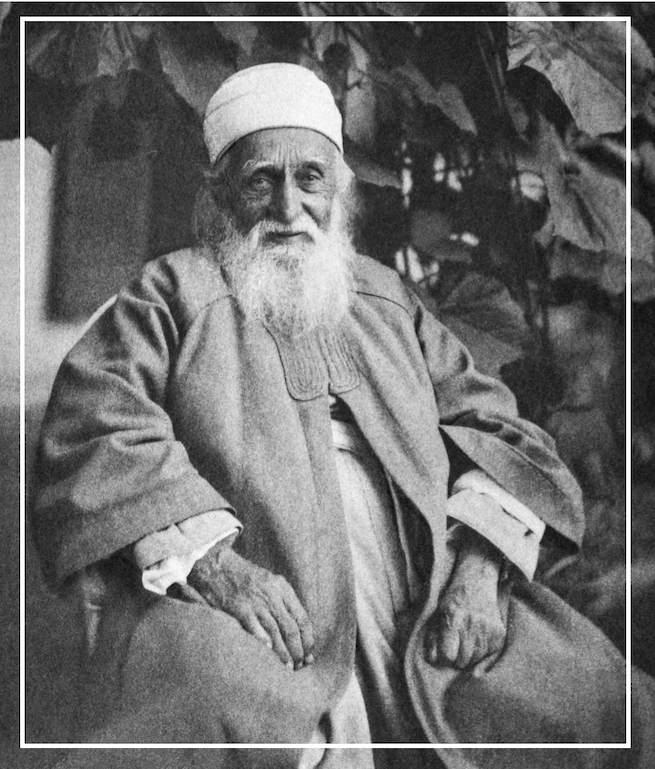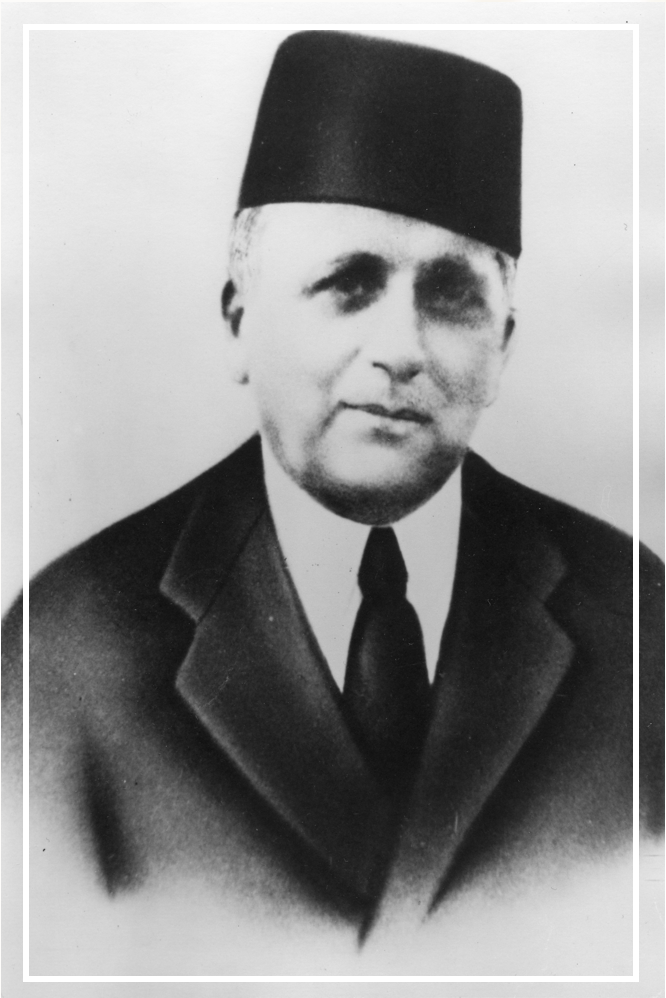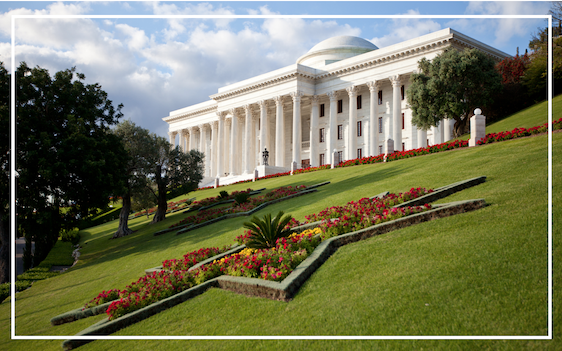‘Abdu’l-Bahá - The Successor
‘Abdu’l-Bahá was the son of Bahá'u'lláh and the perfect exemplar
of the Bahá'í Faith’s spirit and teachings. A champion of social
justice and an ambassador for international peace, He devoted His
life to furthering His Father’s cause and to promoting its
ideals.
The role ‘Abdul-Bahá played as spiritual
leader, authoritative interpreter, and role model is unique in all
of religious history. Bahá'u'lláh called His son “the Centre of My
Covenant” and identified ‘Abdu’l-Bahá as His successor in His
written will, thereby ensuring the unity of the Faith after His
passing.
‘Abdu’l-Bahá, whose name means “Servant of
Bahá,” was born in Tehran, Persia, at midnight on May 22, 1844,
the very day on which the Báb declared that humanity was entering
a new religious cycle.

‘Abdu’l-Bahá was His Father’s aide and closest companion.
‘Abdu’l-Bahá’s innate qualities of generosity, intelligence, and
humility won Him Bahá'u'lláh’s admiration and the title, “The
Master.”
‘Abdu’l-Bahá made His life one of selfless
service to others. He often literally gave away the coat off His
back. When the early Bahá'ís were banished to the bleak
prison-city of ‘Akká, many became ill with typhoid fever, malaria,
and dysentery. ‘Abdu’l-Bahá washed, fed, and comforted them.
Through
His travels and many talks and writings, ‘Abdu’l-Bahá played a key
role in elucidating Bahá'u'lláh’s global vision. He had a deep
understanding of the spiritual essence of His Father’s teachings,
and was able to lovingly mirror forth these principles in His own
life.
The many stories of His courtesy, kindness,
humility, and devotion to God are sources of great inspiration.
‘Abdu’l-Bahá’s life exemplified how devotion to God finds
expression in practical, selfless service.

